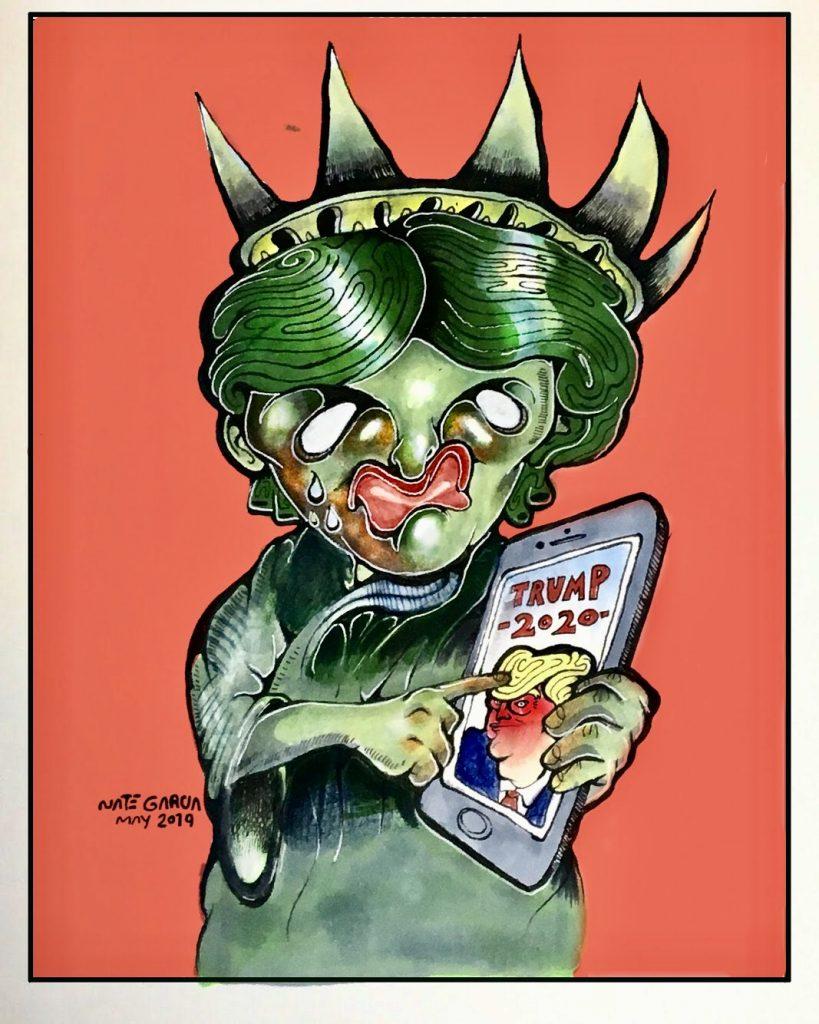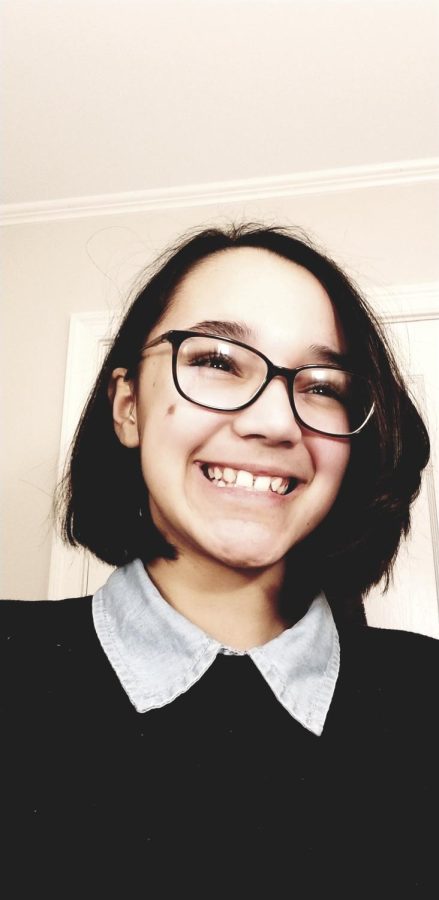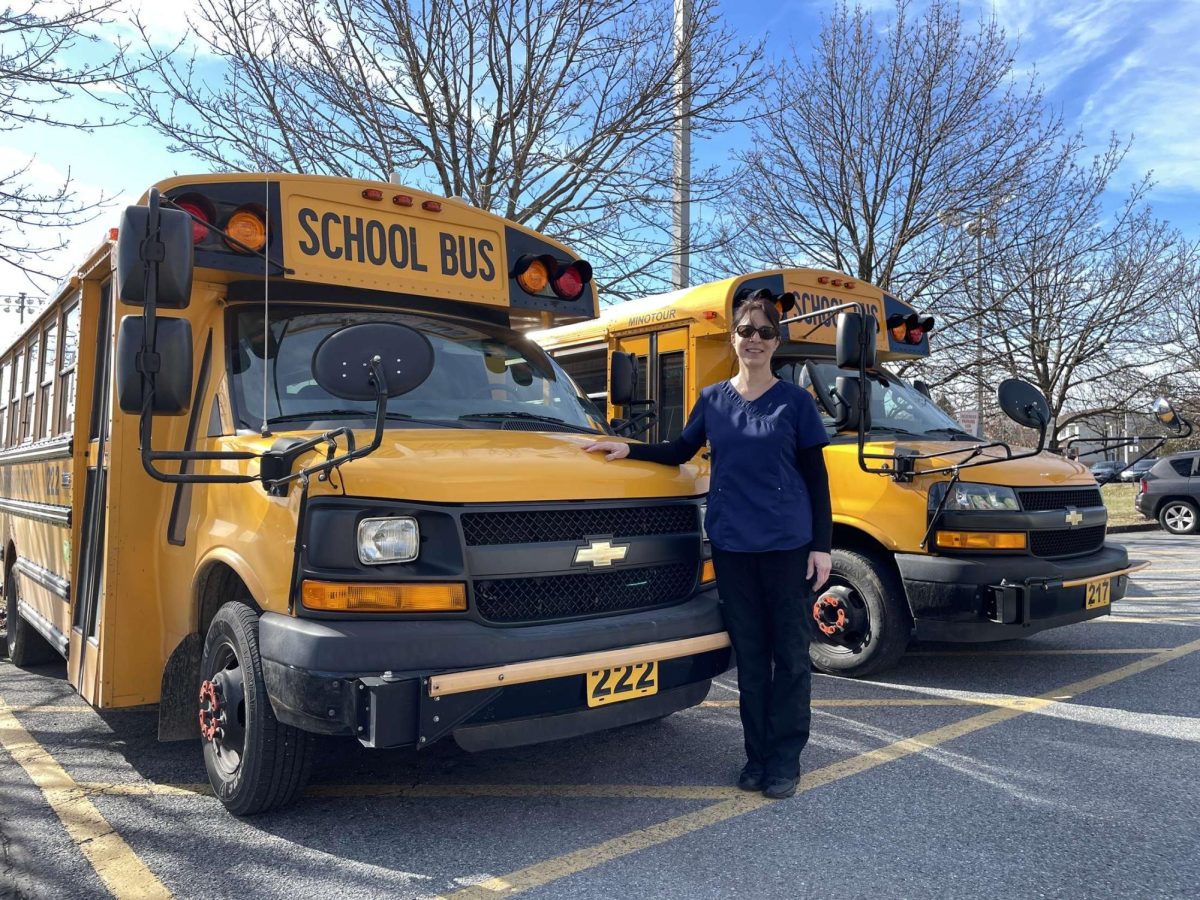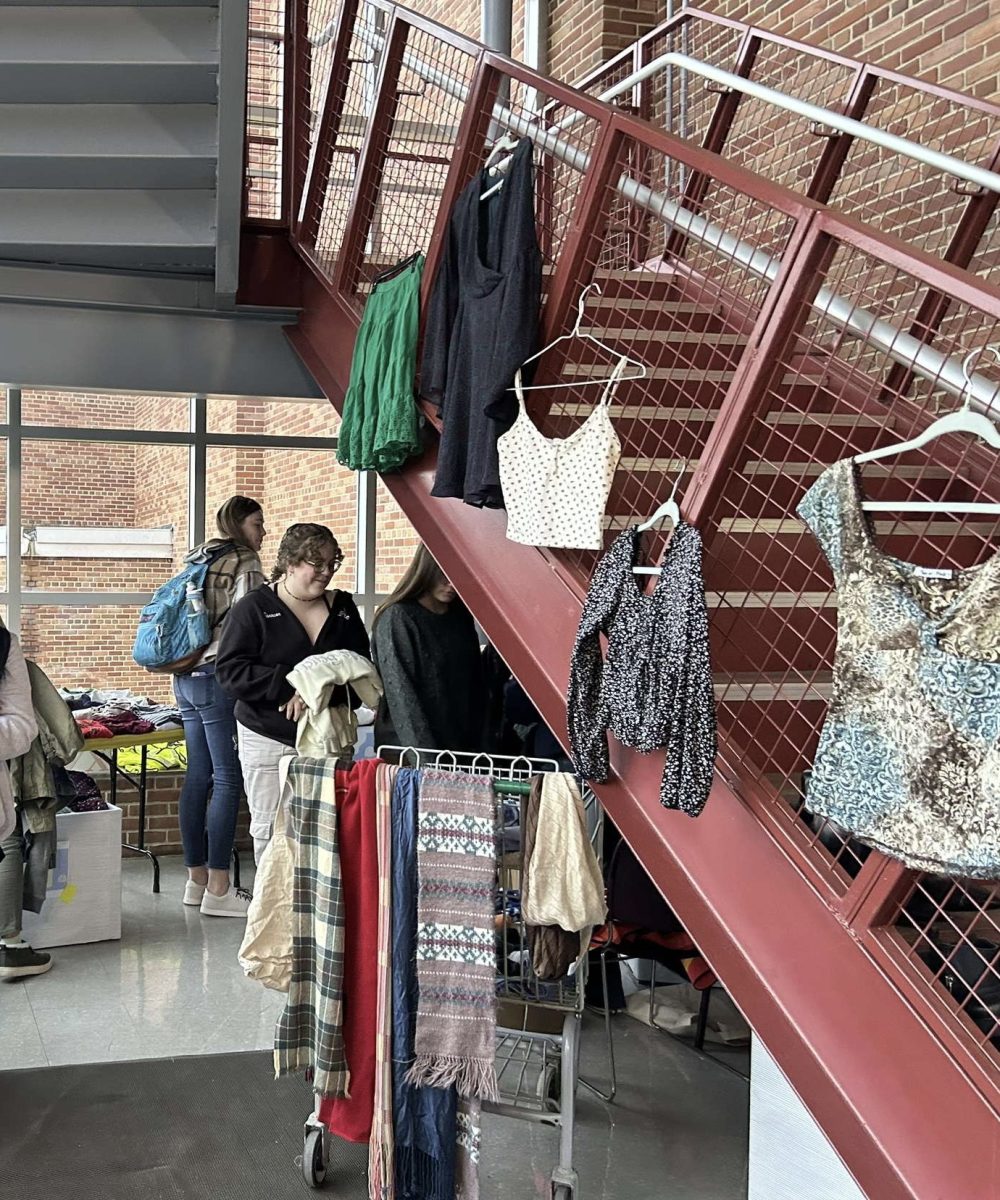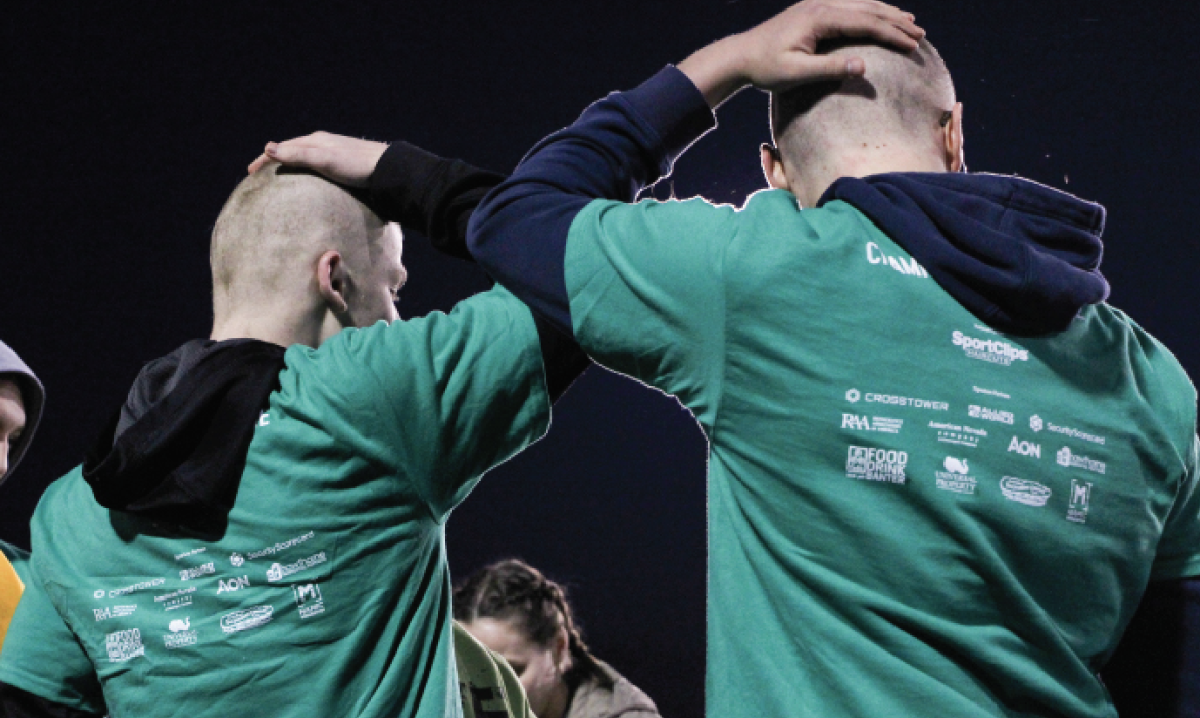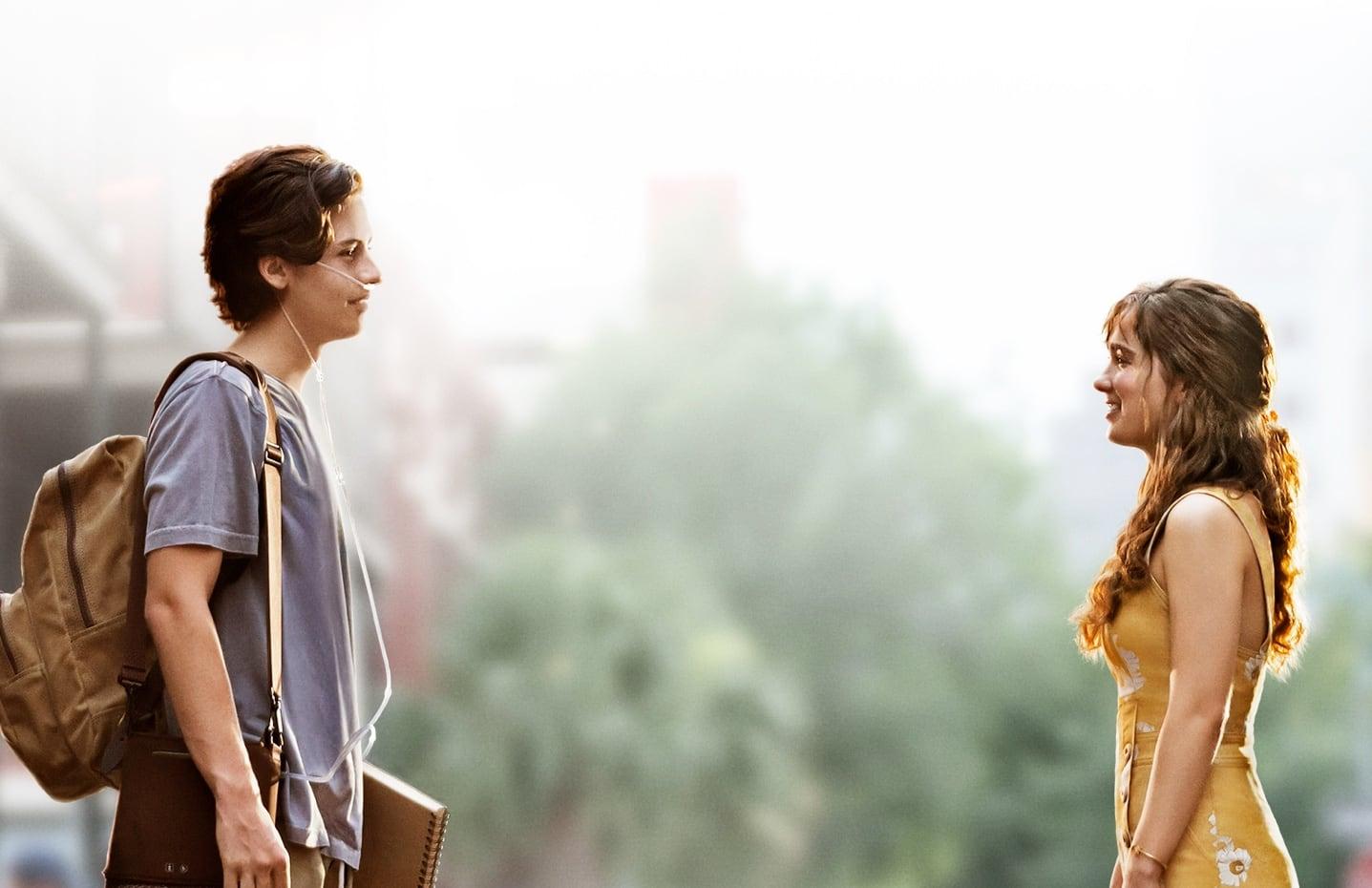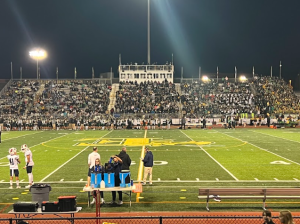Politics May 2019
One year until 2020 primaries
Emmaus students look toward presidential election
Ronald Rohlsen, contributor
There’s no disputing the importance of the 2020 Presidential election. The past two decades of American politics polarized the parties, breeding an oppositional hatred that culminated in the 2016 election. For the first time in a while, American politics was openly fueled by personal attacks and blatant mudslinging. Donald Trump’s victory was followed by riots in the streets and temporary closings of certain universities so people could cope with their emotions. Social media is full of toxicity from both sides of the isle as more and more people become unable to humanize their political opponents. As the perfect storm continues to brew, one can only imagine what the 2020 election has in store for the country.
While the 2016 election was heated, the past three years have only served to fan the flames of resentment. Not only have two conservative Supreme Court Justices been appointed to the Supreme Court, but Ruth Bader Ginsburg, one of the four liberal justices on the court, is growing dangerously old. If she retires or passes away in the next presidential term, then the next president will decide the new justice’s alignment. The winner of the 2020 election could be the difference between a 5-4 conservative majority court and a 6-3 majority.
The next president will inherit a country determined to divide itself further than it already has. Precedent is a thing of the past. Compromise is gone. Politics is a game of scoring points. Regardless of who wins, the next president will have to navigate a polarized landscape and hopefully begin a process to turn politics into something respectable and not the reality TV show that was the 2016 election. The next president will have to start the process of mending this broken nation.
Included:
Student takes in the form of four columns and a podcast discussion
Liberal outlook on the 2020 election
Eleanor Creelman, editor
With talks of the election of 2020, candidates from far and wide have been campaigning, and the stirs of voters once more grows ferocious.
Alongside current president, Donald Trump, Republican candidates are William Weld, John Kasich, and Larry Hogan, according to Fortune.
In the 2016 election, Trump received 306 electoral votes, according to Vox, and nearly 43 percent of eligible American voters think that the electoral college will re-elect him, according to ABC News.
However, Trump strikes out with the majority of young voters and receives only 37 percent of the young votes, according to a report by Civic Youth.Front-runners for the Democratic candidacy include Bernie Sanders, Joe Biden, Kamala Harris, Pete Buttigieg, Cory Booker, and a many more alongside them, according to the New York Times. Invoking the chagrin of many, Hillary Clinton will not be running again, as she stated in an interview with a local New York news channel. But she continues to speak and advocate for issues she feels strongly about.
As much as many of us would like to say that Clinton, or someone else from the plethora of left-leaning candidates, resides as our current president, we remain stuck for approximately 600 more days with someone who tweets like Regina George. Surprising many, Clinton won the popular vote by 2.9 million voters, according to ABC News, but lost with electoral votes. This caused controversy throughout the States and distress to many due to fears of Trump’s agenda.
According to the New York Times, young voters continually lean left in elections and only 30 percent of people ages 11-18 approve of Trump, while former president Barack Obama had an approval rate of 50 percent. People who produce the largest percentage of voters are white, over 65, college educated, and generate at least a $50,000 salary, according to Business Insider.
Jan Leighley, a professor of political science at the University of Arizona, says that if voting were mandatory, and every eligible person votes, that the 2016 election would have favored Clinton, Business Insider reports.
Nonetheless, if new and first-time voters had actively participated in the election, then the outcome in 2016 could have been incredibly different and left America not divided by political beliefs. While around 72 percent of people aged 65 and older voted, only 41 percent of those ages 18-24 engaged in the event, according to The Guardian.
That needs to change.
What brings this issue closer to home are the thoughts of the populous of our very own Emmaus High School students. With an extensive group of graduating seniors and some juniors become eligible to cast their voice high into the government in November 2020; the general feel out is concerning.
Junior Demetrius Stephanides previously turned 18 and possesses eligibility of voting, and even registers through the school. He says that he doesn’t know too many kids who are going to vote and that paying attention to the runners’ value system and preliminary elections capture little of his interest until it is down to the final two candidates.
“I don’t really know who’s running but like when it’s closer I’ll pay attention more. But yeah I’m pretty sure I’m gonna vote” Stephanides says. “I know maybe around like 40 to 50 people who are gonna, too.”
That statement is concerning, as, people who will be sealing the political fate of our country for the next four years, may not pay the attention required to this affair of great imminence. It’s a terrifying, petrifying, appalling thought that people, who will ultimately be running our country, handling international business, and being representatives of America, could be nothing more than TV personalities.
There are roughly 695 students in the senior class, according to Assistant Principal Tabitha Rodriguez, and if only “40 or 50” kids are going to be voting, then there is a problem on our hands.
Senior Mark Swedberg plays both volleyball and basketball on the Emmaus varsity teams. Although he is certain he is going to be voting and even has friends who are as well, there is one thing that perturbs him.
“Maybe like 30 other kids are for sure gonna vote. I definitely lean towards like republicans and stuff and I think most of my friends do too” Swedberg says. “Other kids should be more involved because nowadays I feel like they just do whatever their parents do which isn’t really like right.”
Not to turn this into a political controversy, but at this current point in time, we can’t really afford to have another term with Donald Trump. Besides the blatantly obvious fact that we currently have a sexual predator, racist, Twitter addict “running” our country, there are so many other things he does that undermine the overall quality for people currently residing in our country, according to BBC.
Trump heavily discriminates against the LGBT community, women, and people of color time and time again, according to Vox. Even though he may not fully comprehend what he is doing when he says such awful things, it is not the picture we want the rest of the world to paint of all US inhabitants.
There are dwindling rights for women regarding reproductive health, sectionalism from all other parts of the world, and taxes favoring the one percent, according to The Guardian. At the age of 14 to 18, it may be hard to grasp the extent that this will affect us, but from the birth control you take, to your grandfather who immigrated here, and what bathroom you choose to use, the little things will continue to roadblock healthy development of our generation. This is not my America.
What breaks the dismal nature of our current presidential status is hope for the next election.
Senior William Bassett believes that there is a beacon of light for the next poll results and that the new generation of voters will resuscitate the state of our states.
“I’m gonna vote next year because it’s my civic duty and I really wanna have a voice in my future,” Bassett says.
And he’s right.
If everyone ages 18-24 band together, then they will dictate this election, and provide us with a formidable person in charge. Being too young to vote feels like a bad case of sleep paralysis, stuck on your back, just looking up at the hell that goes on right before your eyes, not being able to do anything except listen. But even then, as a citizen, it’s your responsibility to inform and promote social justice.
America changes every four years with citizens casting their ballot and deciding on our new president. But with more and more problems facing millennials and Generation Z, we need to become avid listeners to what steadily brews in the media. If young voters do not take this opportunity, then the next four years will be as awful as the past two and a half. It’s time to have your voice heard and step up to the plate for all of your fellow citizens.
“I feel like a lot of kids are gonna vote because it’s more advocated for than it used to be,” Bassett says. “But like kids need to pay attention to what the people running are actually standing for. I think it’s so important to vote so that you can have your voice heard.”
Conservative outlook on the 2020 election
Lorenzo Antigua, contributor
The 2020 election is drawing near and many conservatives are wondering which democratic candidate will face Donald Trump.
Looking at the potential candidates, we have individuals like Andrew Yang, an Asian-American, Kamala Harris, an African-American woman, and many more. This is definitely the most diverse democratic party we have ever seen, but interestingly enough, when looking at recent polling data we can see that within the top five candidates this diversity doesn’t show at all.
Four out of the five are white, and only two are women, Harris and Warren. So what’s going on here? For a party that has of recent been calling for more diversity in Washington politics, why are the top candidates mostly white. Of course it shouldn’t really matter what a candidate’s sex or skin color is. The only thing that should matter is what they believe in, but herein lies the problem. What does the Democratic Party really believe in? This may be quite obvious on the surface. The democratic party has always been the party of the working man and strong central government right? At least that’s what I thought, but looking at these candidates individually this line becomes very blurred.
Joe Biden is of course at the front of all the polls for democrats. He is seen by democrats as the beacon of hope for the party, a savior who will bring America back to the “glory years” of Obama. That was, until the media labeled him as a creep. It is amazing how fast people will change their minds about you when CNN and MSNBC get involved. For those unaware, Biden was recently under fire for being, “inappropriately intimate” with women during his vice presidency. This of course sent him on an apology tour for his conduct, then and for the rest of his political career. This is the problem with Biden. He is NOT Obama. Joe Biden is not a good public speaker, he slurs his words, and would be destroyed in a primary by more radical democrats. Quite frankly, he is too moderate for the current democratic party, and this will be a reoccurring issue for most of the candidates.
The party is moving more and more towards the radical left and Bernie Sanders is by far the best example of this. Sanders is an open socialist, or “democratic socialist” which he will insist is completely different (it’s not). Sander’s has been gaining the support of many Americans due to his campaign against the so called “one percent” and his calls for the redistribution of wealth to the poor and middle class. His rising support in the polls is quite alarming. He has openly praised socialist countries like Cuba and Venezuela. He claimed that bread lines were somehow a good thing, and even went as far as to honeymoon in the Soviet Union. A quick search on YouTube can find you footage of this exact information, and even a video of a shirtless drunk Sanders singing with Soviets.
As for democratic socialism being different somehow from traditional socialism, just take a look at the Democratic Socialists of America (DSA) webpage. They claim that although socialism has never really worked, and is cause for some of the worst economic situations around the world, (ie. Cuba and Venezuela) that those attempts at socialism weren’t really socialism at all. Somehow although many countries have tried and failed, the DSA can do it right. Can you see the problem here? This is what Bernie Sanders wants for this country. A system that is bound to fail and a system that he can’t even seem to follow correctly.Sanders has recently been graced with the benefits of capitalism due to a book he wrote. The book is a New York Times bestseller and earned him the status of a millionaire. Of course this is perfectly fine, he wrote a book that people liked and reaped the benefits. That’s not socialism that is capitalism.
Presidential conversation
Young Democrats Club president Eli Zukowski and Young Republicans Club president Nick Thoma discuss May 21 local primaries
Emmaus prepares for 2020 election
Indira Tatikola, contributor
As the 2020 presidential election looms nearer, Emmaus High School’s politically active student body is gearing up for America’s next phase.
With incumbent president Donald Trump pretty much destined to be the Republican nominee, and a plethora of options on the Democratic side, this election is making out to be one for the ages. According to Vox, voter turnout has generally increased in the past few years. The last midterm election marked the highest voter turnout since 1914 at roughly 49 percent of registered voters heading to the polls. In addition, politics has taken over every mainstream platform from Twitter to the Grammy’s, and tensions in America’s political climate have been continuously rising.
There is one group whose opinions are rarely heard around election time – teens.
After all, most high school students cannot legally vote, and frankly, many don’t care regardless. Yet, Emmaus High School still has an active political scene among students, boasting a Young Republicans and Young Democrats Club. Such high schoolers are avidly following the upcoming presidential election with a keen and cautious eye.
Freshman Rosalie Holderith considers herself to be pretty center, and tries to not let partisan thinking interfere with her own beliefs. However, Holderith believes these independent ideals are not shared with most Americans.
“I feel like right now, America is pretty divided. There are a lot of people that are extreme left or extreme right, and I feel like the people in the middle are getting lost in the mix because they are not as extreme,” says Holderith.
Senior Joshua Huyssen is the treasurer of Emmaus’ Young Republicans Club, but despite his mostly right-wing viewpoints, he still agrees with Holderith.
“I don’t like…how [the political climate] is so polarized. I think there needs to be more compromises and togetherness. There shouldn’t be a left and right, just Americans,” says Huyssen.
Many students believe it is important for the youths to be heard in the political arena. Junior Hailey Jack is a member of the Young Democrats Club, and is following the race for the party’s nominee very closely.
“…There’s a lot of people running for the Democrats, maybe too many. I know [Bernie Sanders] is running, but I think he should let the younger generation be more involved,” says Jack. “…If you are nearing the voting age, you should be informed [about politics]…You should have a baseline of knowledge before you go out to vote.”
Huyssen also seems to feel strongly about being politically active at a young age, especially in the upcoming election.
“You have to know what you’re getting into. If you don’t know who you’re voting for or what they stand for, you’re not fulfilling your civic duty as a voter,” says Huyssen. “All I know is we’re living in a historical point. Whatever happens from now on will be pivotal for the future of the nation.”
While Holderith agrees with Huyssen and Jack, she doesn’t necessarily think these ideals are a widespread reality.
“I feel like so many teens adapt to their parents’ beliefs and don’t think for themselves… ” says Holderith. “Teens should be knowledgeable about politics, it’s very important. But do I think they’re gonna get more knowledgeable? No.”
Digitizing politics
Caroline Junker, contributor
As I type this sentence, I’m simultaneously listening to music, FaceTiming a friend, and resisting the urge to scroll through a deeply profound stream of photos on Instagram.
Humankind has entered an era where an unprecedented portion of our lives operate online. Our reliance on technology has grown from a comfortable coexistence to a digital dependency. But you don’t need me to tell you this– feel free to whip out your phone and check your “screen time,” or google some quick statistics about the unholy amount of time we spend plugged in.
Our online connectedness has certainly changed how people relate to each other and our understanding of the world and society at large, but it’s infiltrated something else, too: politics. It’s become even more difficult to navigate a whirlwind of crafty artifice and technical jargon with the onset of fake news and online polarization. But despite the consequences, albeit dangerous and not to be underestimated, social media has made the global level of politics accessible to the average person.
History is marred by the implosive careers of self-serving politicians whose personal ambition led to consequences for the masses. These people will always exist, but social media provides a level of transparency. The public can directly access information about different political figures, as well as their propaganda– suddenly, politicians are held accountable. For example, the Me Too movement, and its online following, exposed the predatory actions of dozens of male celebrities.
Social media also promotes open discussion and conversation. I’ve learned more from the comments section in the New York Times than in some articles themselves. The core of politics is simply speaking to each other and learning about different opinions– social media is so diverse that it’s hard not to come across many different perspectives. It’s also much easier to find out information through different news platforms– a candidate’s entire political perspective can be distilled down into a page or two on their website.
Our generation marks an era of political movements and action, a characteristic made feasible by social media. Think of March for Our Lives, the movement started by the famous teens of the Stoneman Douglas High School following the devastating school shooting. They galvanized the American public with electrifying speeches and captivated thousands of people– momentum that was created primarily through their social media campaign. To date, the March for Our Lives Twitter page has 450,000 followers. Countless other social movements have originated from and garnered attention through the internet.
It’s an undeniable fact that social media is deeply entwined with fake news and deception. It’s also true that people can surround themselves with opinions that only reflect their own, creating a dynamic called an “echo chamber” — as explained by LA Progressive — that can lead to extreme opinions. Dangerous as this is, it’s ultimately the responsibility of the reader to screen and filter information. This includes not just looking at reliable news outlets, but at many news outlets, to gain an unbiased standpoint. There are countless news platforms, so it’s easy to take advantage of different reporting to formulate your own perspective.
Historically, innumerable political figures have relied on technology to get their message out. Presidents John F. Kennedy and Richard Nixon were the first to have their debates televised, an event that swayed voters just enough for Kennedy to claim victory. Even Hitler broadcast his message to the masses via radio. The political landscape can be wildly changed by direct access to the public.
Senior Catelyn Fitzgerald weighed in on the growing presence of social media in politics, remarking on the diversity of viewpoints.
“People sharing their opinions is really important,” she said. “In social media, you can get exposed to new ideas rather than just what your peers think, so it makes politics more fair.”
She added that following Bernie Sanders on Instagram has exposed her to new political ideas. It’s important to note how political figures have adapted to reach more people through the Internet’s resources.
Social media doesn’t just facilitate spreading information- it connects a global community, enhances communication, and most importantly, makes people talk. In a time of political upheaval and turmoil, it’s even more crucial to discuss the issues we face together– and social media provides the perfect platform to do so.

